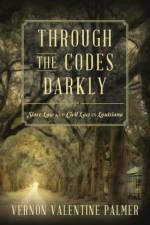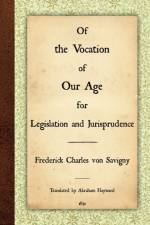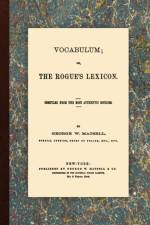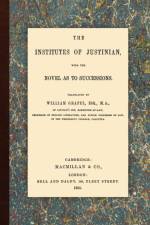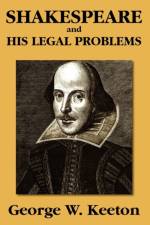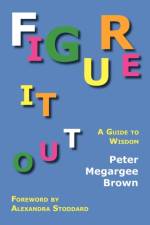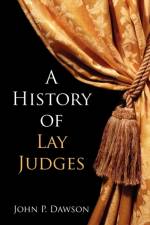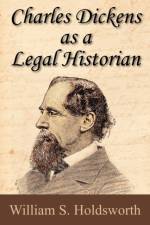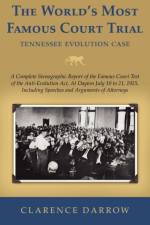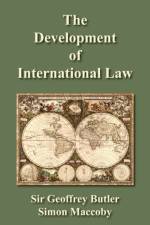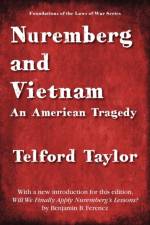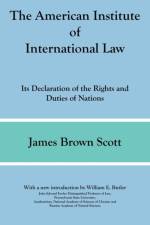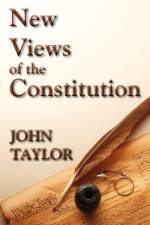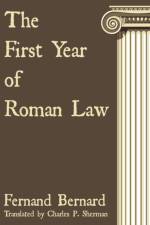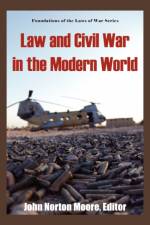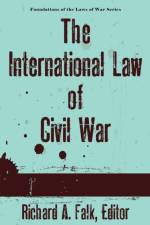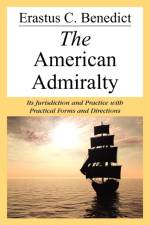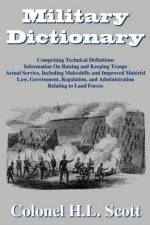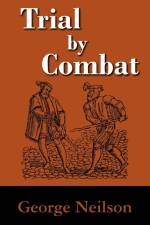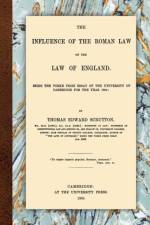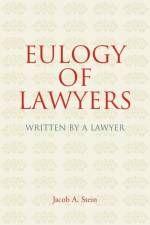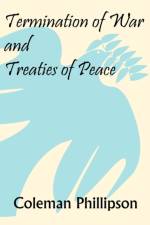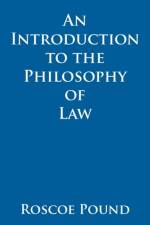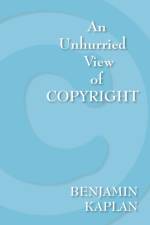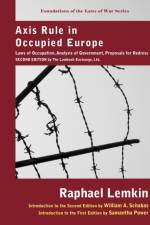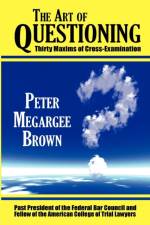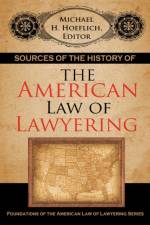56,00 €
Complete transcript of the controversial "Scopes Monkey Trial" which tested the law that made it illegal for public school teachers in Tennessee to teach Charles Darwin's theory of evolutionThe complete transcript of the 1925 case of the State of Tennessee v. John Thomas Scopes, a 24-year old high school teacher accused of violating the Butler Act, which had passed in Tennessee on March 21, 1925, forbidding the teaching, in any state-funded educational establishment, of "any theory that denies the story of the divine creation of man as taught in the Bible, and to teach instead that man has descended from a lower order of animals." The law made it. Perhaps the first modern media event, the trial attracted enormous national and international attention to the small town of Dayton, Tennessee during the sweltering July of 1925. A star-studded cast of trial attorneys included the great orator and three time Democratic presidential candidate William Jennings Bryan and the brilliant trial lawyer and champion of the downtrodden, Clarence Darrow, among others. The climax of the trial came on the seventh day when the defense put the senior Bryan on the stand as an expert on the Bible and he was ruthlessly interrogated by Darrow. As a milestone in the American struggle between modernity and the forces of Protestant fundamentalism, and a vivid manifestation of the clash between two valid principles-academic freedom and democratic control of the public schools-the Scopes case has tremendous historical significance. Scopes was found guilty, and paid a fine of $100. and costs. At the sentencing, he told the Judge, "I feel that I have been convicted of violating an unjust statute. I will continue in the future, as I have in the past, to oppose this law in any way I can. Any other action would be in violation of my ideal of academic freedom-that is, to teach the truth as guaranteed in our Constitution, of personal and religious freedom. I think the fine is unjust." William Jennings Bryan died a few days after the trial ended. Clarence Darrow moved on to other cases, most notably the Sweet case in Detroit in 1926 and his last trial, the Massie trial in Honolulu in 1931. Illustrated with photographs from the trial. This edition also includes statements by scientists entered at the defense's request, and the text of a lengthy concluding speech that Bryan prepared but never delivered. Clarence Darrow [1857-1938] was a well-known trial lawyer renowned for his progressive sympathies and successful work for labor and the poor. He achieved fame for his defense of Leopold and Loeb in 1924, the Massie trial in 1931 and this, his most famous, defense of John Scopes in 1925-the only time Darrow ever volunteered his services in a case, a case in which he saw education "in danger from the source that always hampered it-religious fanaticism."

